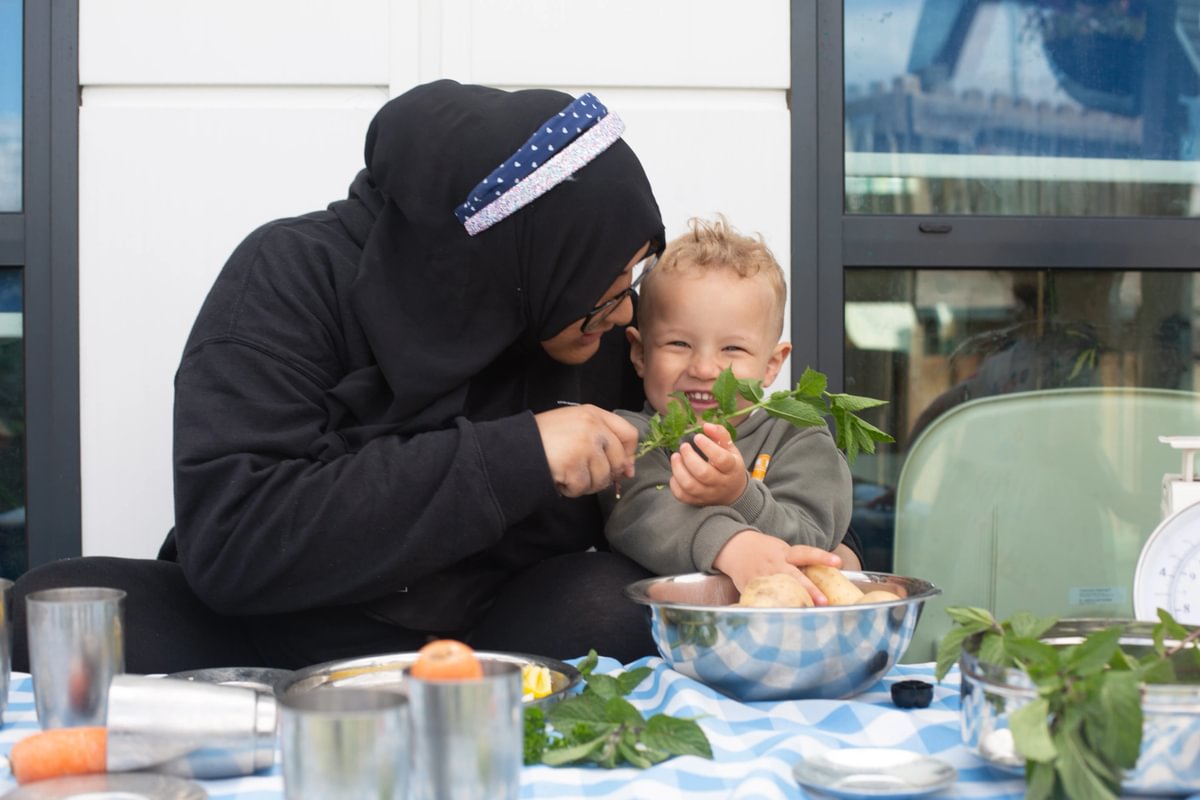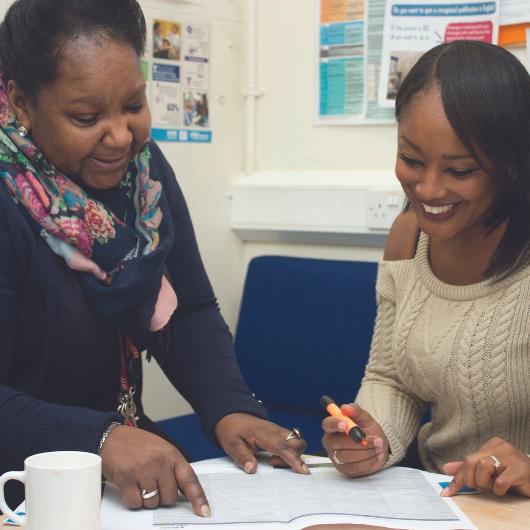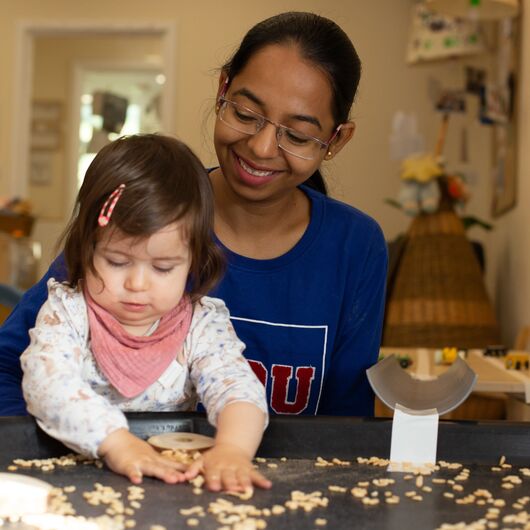
Change is in the Ofsted air
The London OBC is coming on the 8th April 2025 We will be hosting it at Bain where we can take up to 100 people in person. This time…
April 7th 2025
Tonight, BBC One North West and Yorkshire will air an investigative programme titled How Safe Are Our Nurseries? It follows the heartbreaking story of Genevieve Meehan, the baby tragically killed at her nursery, and asks a vital question: are we doing enough to keep children safe?
Genevieve’s devastating death will send shockwaves through every parent, teacher, and compassionate individual. It serves as a stark reminder of just how vulnerable children are – and challenges us all to reflect on our collective responsibility to protect them.
This young child tragically died in a nursery, but sadly, we see too many similar tragedies unfold at home, in school, or elsewhere. In every investigation, the same haunting questions are asked: “Who knew?” and “Who acted?” All too often, the answer is that someone did know, and someone did try – but they were overwhelmed by the system, dismissed, or simply not heard. In many of the most heartbreaking cases where children died at the hands of their parents or family members, there was always someone who was concerned – someone who sensed something wasn’t right.
Have we lost our communal responsibility for children’s welfare and protection. Why are we no longer talking about or highlighting the importance of care as the bonding for a healthy society. These are the two areas we must address if we are to prevent the 2.2 million children who attend nursery annually being wilfully mistreated and ending up dead as a result.
No doubt, there will be a focus on the mindset of a team of adults who were uncomfortable with was happening to this little girl, yet none of them did enough to protect her. So, we will hear all about whistleblowing.
Others may consider how a member of staff with 16 years’ experience has been allowed to behave like that and not be challenged, so we will focus on recruitment, supervision, HR law and how leaders build a culture of care and openness so such behaviour would never be tolerated.
Given the manslaughter judgement, nobody thought that the little girl would die. Clearly, the intention was not to kill her so there will be a focus on vigilance.
These processes and behaviours operate in the majority of well run, compassionate nurseries and schools which educate millions of children daily. Having worked with children for over 30 years, the situation we are considering here, i.e. the death of a child, thankfully remains unusual. But the death of a child is one too many and will continue if we don’t value children as everyone’s child – emphasising our shared public duty to make rearing, supporting and protecting children a community responsibility.
We must elevate all the people who work with children and support parents to a higher level of appreciation and make sure their professional identities are tightly aligned with the principles of social justice for children, underpinned by healthy relationships and warm human connections.
The person who is now in prison for allowing a child to die by her cruel, uncontrolled and unchecked behaviour is probably someone where her empathic cues are not activating in her brain and her behaviour must always have been suspect. The fact that no one called it out or addressed it is an issue. Therefore, the importance of care needs to be front and centre of our society’s values, emphasising our central duty to support parents and carers at every level of society. We need to be having deep conversations about the philosophy of care and remind ourselves that we all share a responsibility and duty to look out for children wherever they are. It’s our collective vigilance, our refusal to turn a blind eye to cruelty and our readiness to take act that will protect children in the future.

The London OBC is coming on the 8th April 2025 We will be hosting it at Bain where we can take up to 100 people in person. This time…

When the Labour Party won the election Bridget Phillipson MP the Secretary of State for Education told us that: Early years is about more than just childcare –…

The Ofsted Big Listen has reported. I have summarised the main thrust of the report. They will act using 7Cs but we need to engage and make sure we…